Keywords: Press
There are more than 200 results, only the first 200 are displayed here.
-
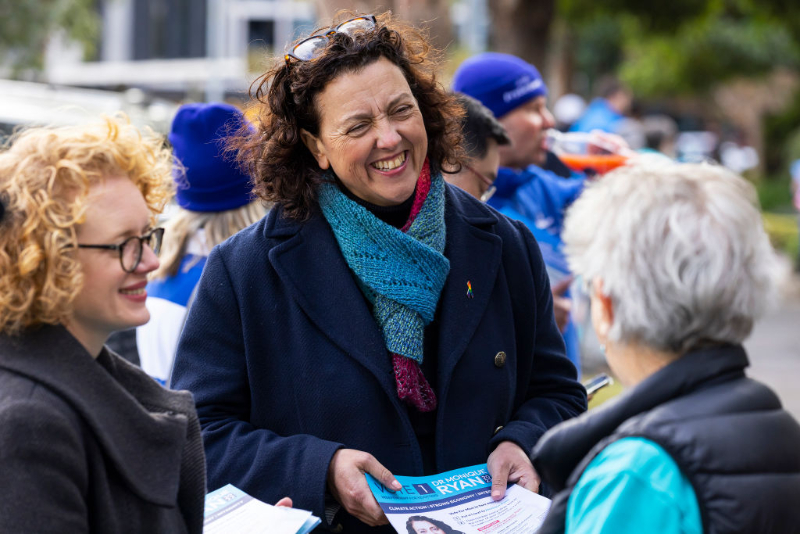
EDUCATION
- Chris Middleton
- 23 May 2022
7 Comments
Perhaps the most dramatic individual result of the Federal election was that Menzies’s seat, Kooyong, has fallen to a Teal independent, Dr Monique Ryan. Xavier College sits in the Kooyong electorate, and Dr Ryan is a parent at the College. Dr Ryan proved to be an impressive candidate who ran as a good a local campaign as I have ever seen. It was marked by a strong engagement by many locals, and especially among professional women, and older residents.
READ MORE 
-
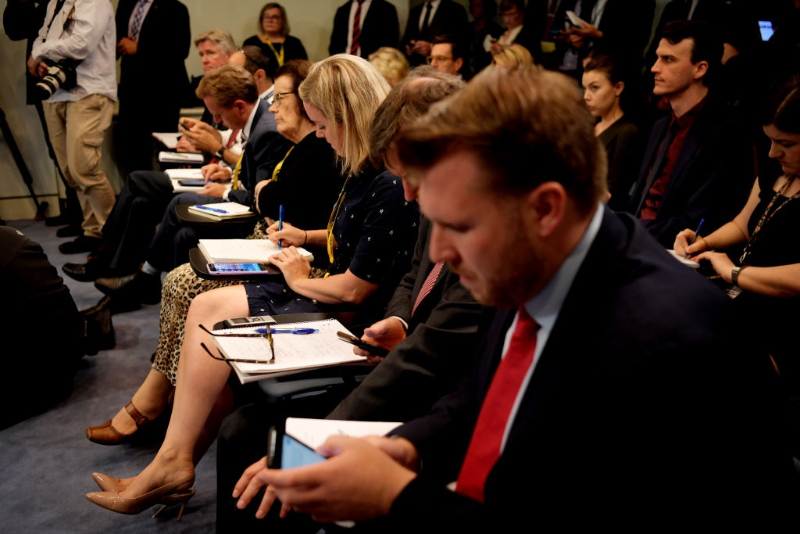
MEDIA
- Andrew Hamilton
- 19 May 2022
2 Comments
It is unfortunate that World Communications Day is celebrated in the middle of an election campaign. We have seen the worst of partisan media coverage, of shouting as a preferred form of communication, of endless experts promising Armageddon if the result is not to their taste. And yet we have also seen the best of media informing us of the issues that concern people in different parts of Australia. Without such public communication, for all its defects and excesses, our society would be the poorer.
READ MORE 
-
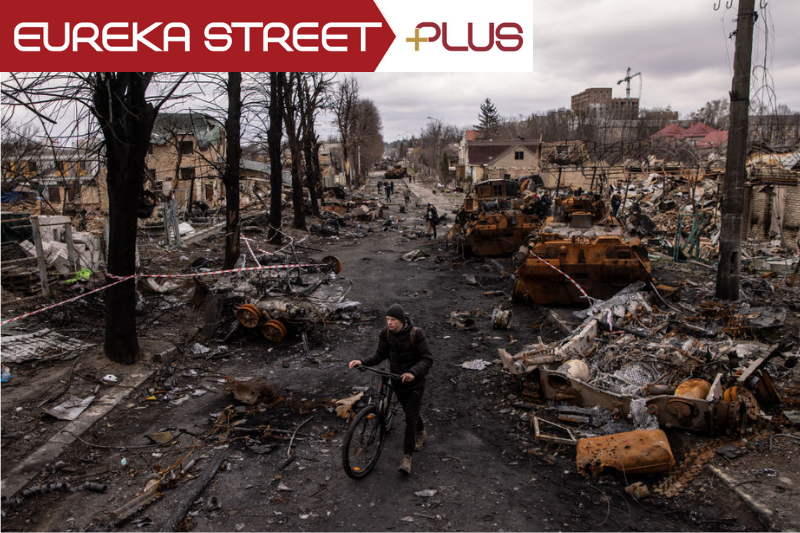
INTERNATIONAL
- Andrew Hamilton, David Halliday, Michele Frankeni, Stewart Braun
- 19 May 2022
5 Comments
We are now three months into the Ukraine war. From an invasion it has turned into a war of attrition that has cost many lives, displaced civilians, destroyed cities, and led to sanctions and the making of alliances with effects that have spread suffering far beyond Ukraine. In this Roundtable, Andrew Hamilton SJ, David Halliday, Michele Frankeni and Dr Stewart Braun explore the ethics of the war and likely paths to peace.
READ MORE 
-
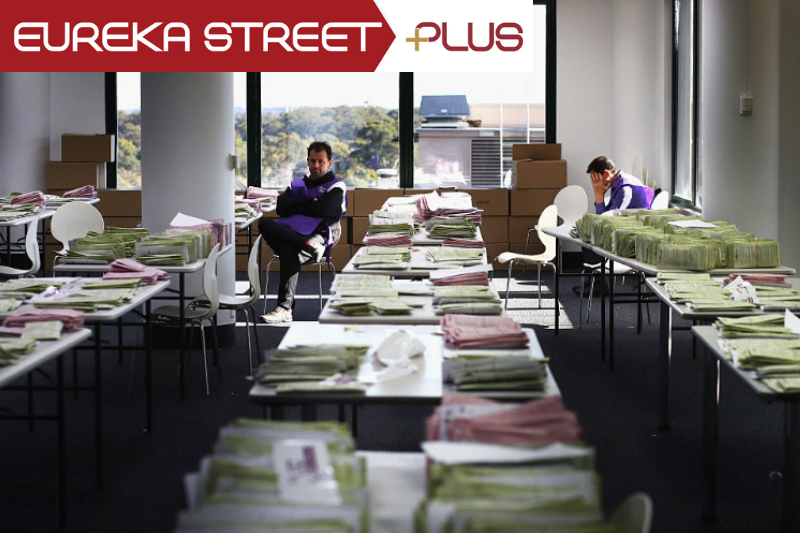
AUSTRALIA
- Andrew Hamilton
- 13 May 2022
2 Comments
As the election campaign mercifully comes to an end, many of us have been musing on what the new Government should do when it comes into office. It is a difficult question to answer because both Parties have excluded any radical action to address the clear and pressing needs of Australians. Fires, floods and insurance costs highlight the need for immediate and shared action to address climate change. The simultaneous high cost of housing, the inadequate benefits available to the disadvantaged, and lack of accommodation for people in need testify to the need to address the growing inequality in Australian society.
READ MORE 
-
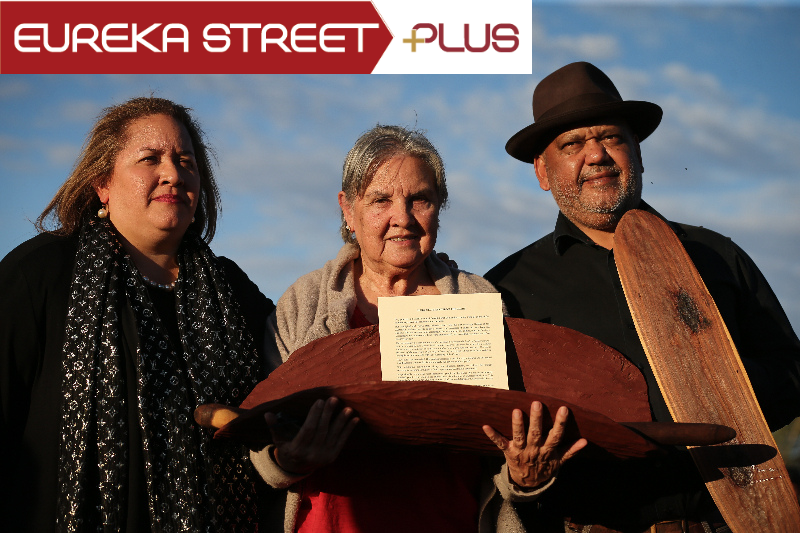
AUSTRALIA
- Frank Brennan
- 06 May 2022
5 Comments
Whoever is Prime Minister after the election on May 21, he will need to address the question of Indigenous recognition in the Australian Constitution. This is the sixth election in a row when the question has been a live, unresolved issue during the election campaign. The patience of Indigenous leaders is understandably wearing thin. Trust is waning. There is still no clear path ahead. So where to from here?
READ MORE 
-

ARTS AND CULTURE
- Juliette Hughes
- 28 April 2022
14 Comments
The rights and wrongs of what has happened in recent years regarding the experience and sufferings of transgender people have ended up as a polarised and difficult area of discourse, affecting women’s lives and rights far more than men’s. In the current situation, Raymond is a clear voice about the erosion of women’s rights and safety in what should be the safest, most pluralistic arena of all: academia.
READ MORE 
-
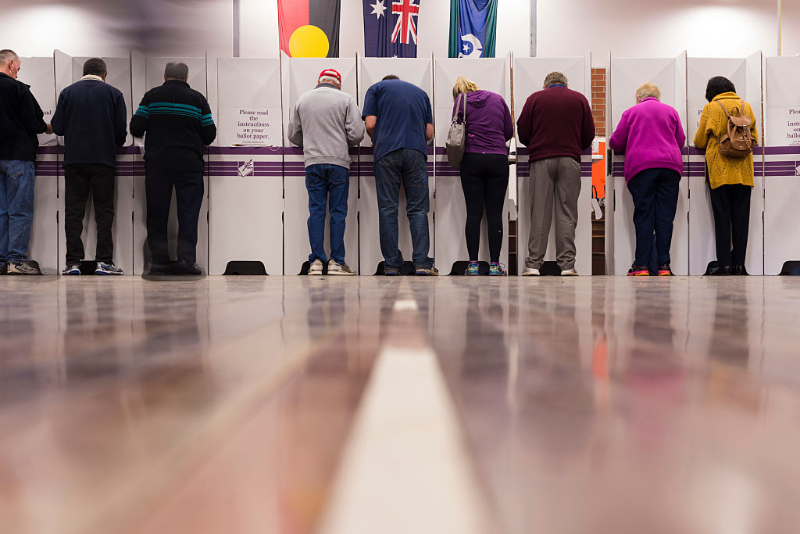
AUSTRALIA
- Binoy Kampmark
- 21 April 2022
7 Comments
Few sights are more desperate than old political parties on the run. In this Australian federal election, the challenge from independents and smaller parties has sparked a nervous reaction, much of it negative and most of it misplaced.
READ MORE 
-
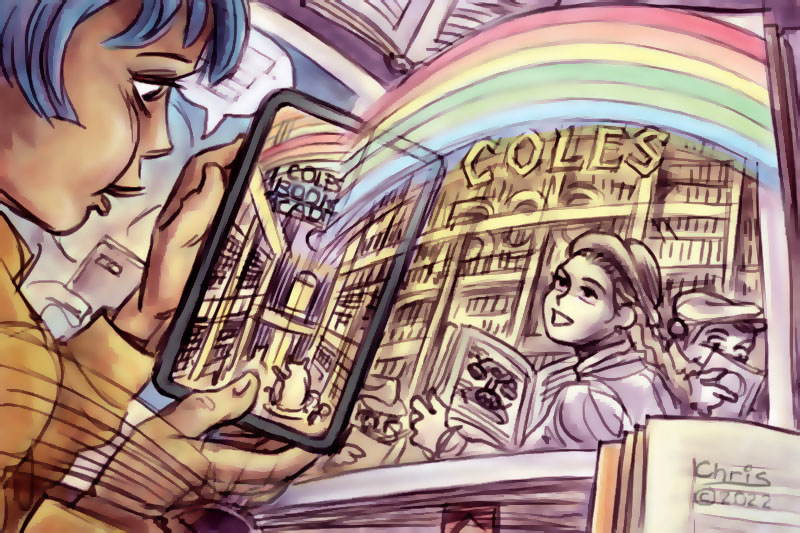
ARTS AND CULTURE
- Cherie Gilmour
- 19 April 2022
6 Comments
Edward Cole understood that books encouraged community. The businessman could rub shoulders with the tramp in his Arcade. Now, in an age of division and isolation, more than ever we need spaces which facilitate community; light-filled cathedrals dedicated to the love of knowledge and stories, and their power to cross borders, politically, ideologically and culturally.
READ MORE 
-
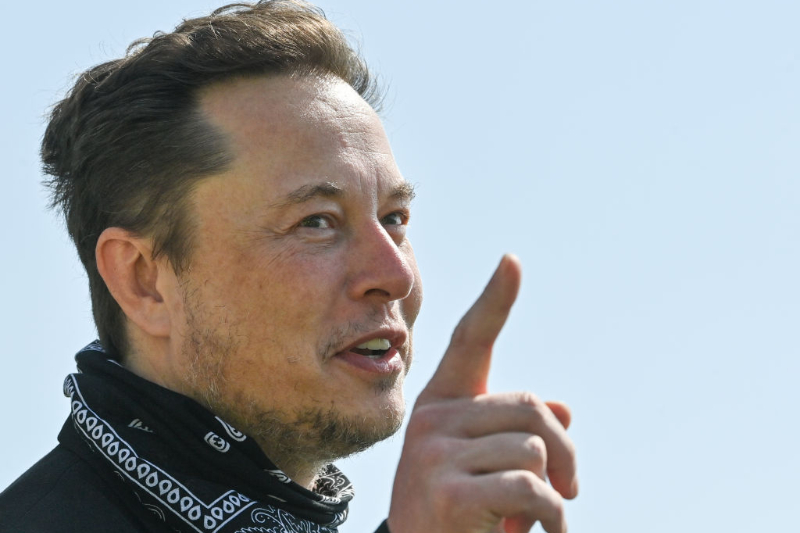
INTERNATIONAL
- David James
- 19 April 2022
2 Comments
Elon Musk’s proposed hostile takeover of Twitter will be a fascinating battle that will have consequences far beyond the stock market. It is exposing just how financially strange social media and conventional media have become.
READ MORE 
-
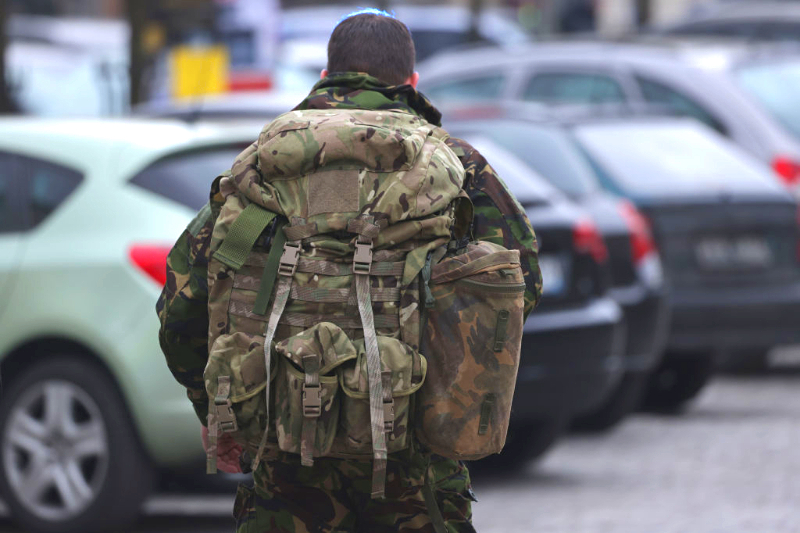
INTERNATIONAL
- Irfan Yusuf
- 12 April 2022
15 Comments
In a space of 40 years, Russia has been our enemy, then our friend and now is an enemy again. Russia is again attacking Ukraine. We are convinced the Ukrainian cause is just. But we also know that we face a domestic far-Right terrorism threat at home. What if young impressionable foreign fighters with little knowledge of Ukrainian history, politics and internal conflicts find themselves fighting with and influenced by anti-Semitic and Islamophobic neo-Nazi groups?
READ MORE 
-
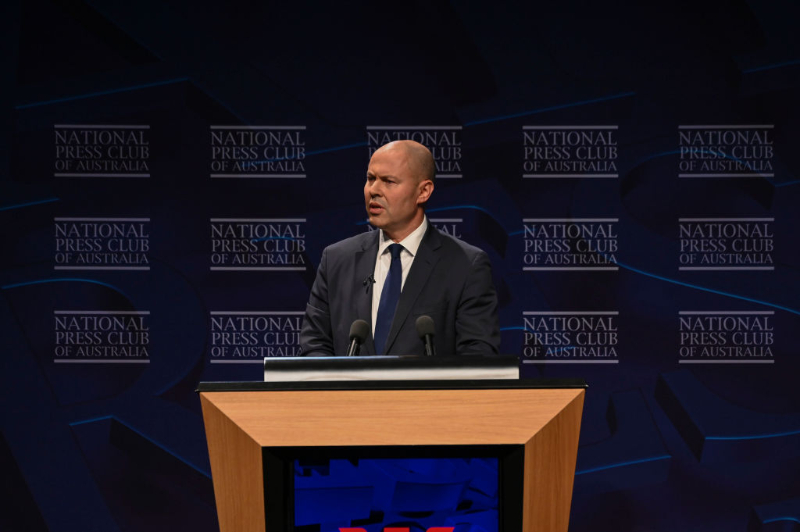
ECONOMICS
- Julian Butler
- 31 March 2022
1 Comment
In 2020 as the Covid-19 pandemic raged globally, as Australia shut its borders and some states shut in their people, massive government income support was introduced. The government was a little slow coming to recognise the need for such measures. Once they had, they wanted the support rolled out as quickly as possible. Frydenberg, Scott Morrison and their colleagues recognised that a demand side boost was absolutely necessary to sustain economic activity. The government was uncomfortable, though, with this approach.
READ MORE 
-
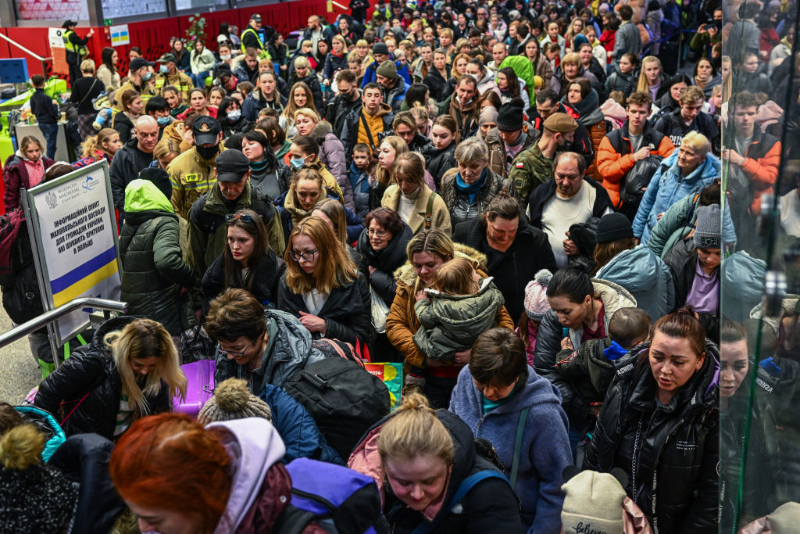
AUSTRALIA
- Binoy Kampmark
- 21 March 2022
12 Comments
While Australia has developed into a multi-ethnic, cosmopolitan state based on immigration and humanitarian intakes, the country has never gotten away from the sense that some are simply more welcome than others. Be they migrants, refugees, or asylum seekers, preferential treatment abounds.
READ MORE 